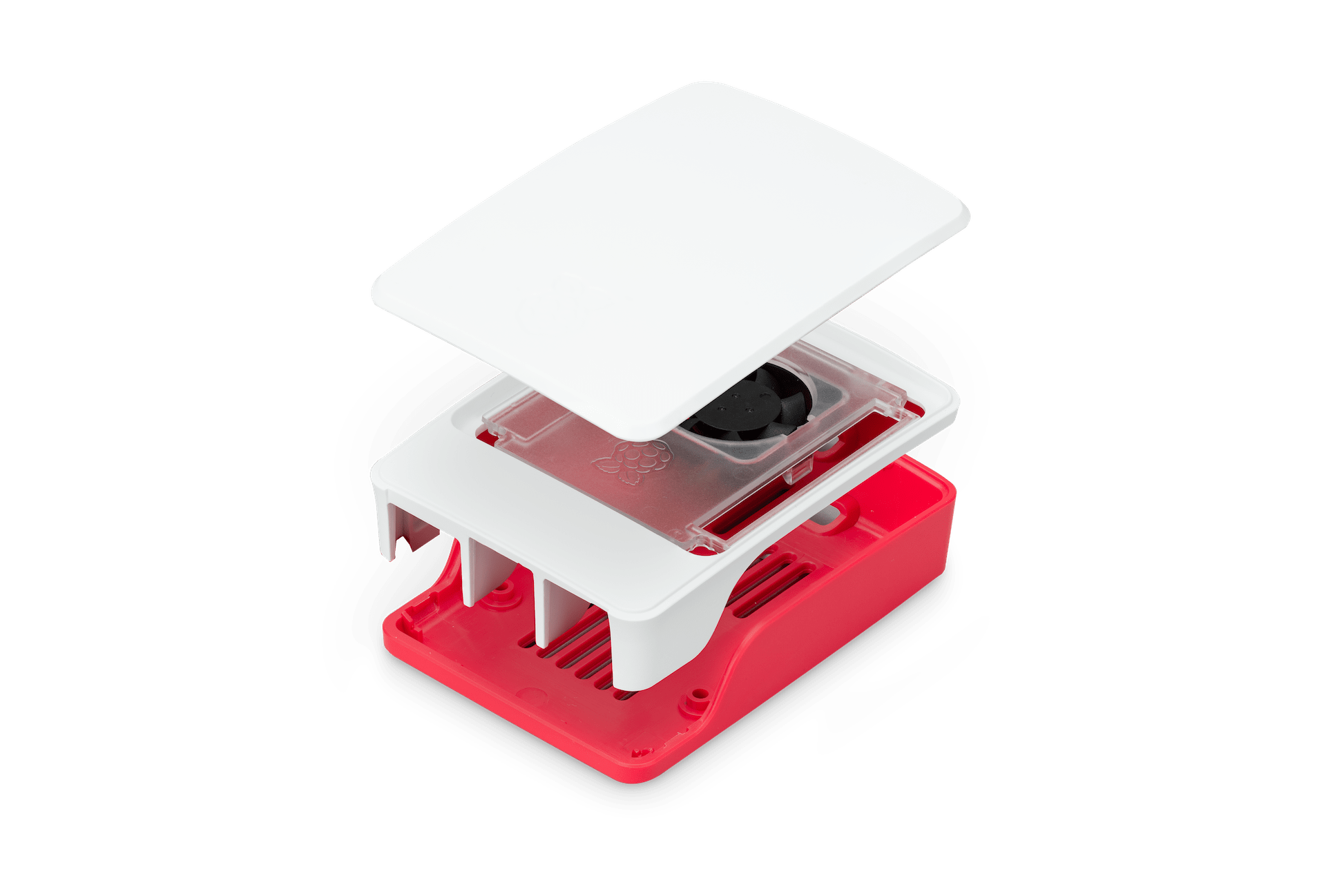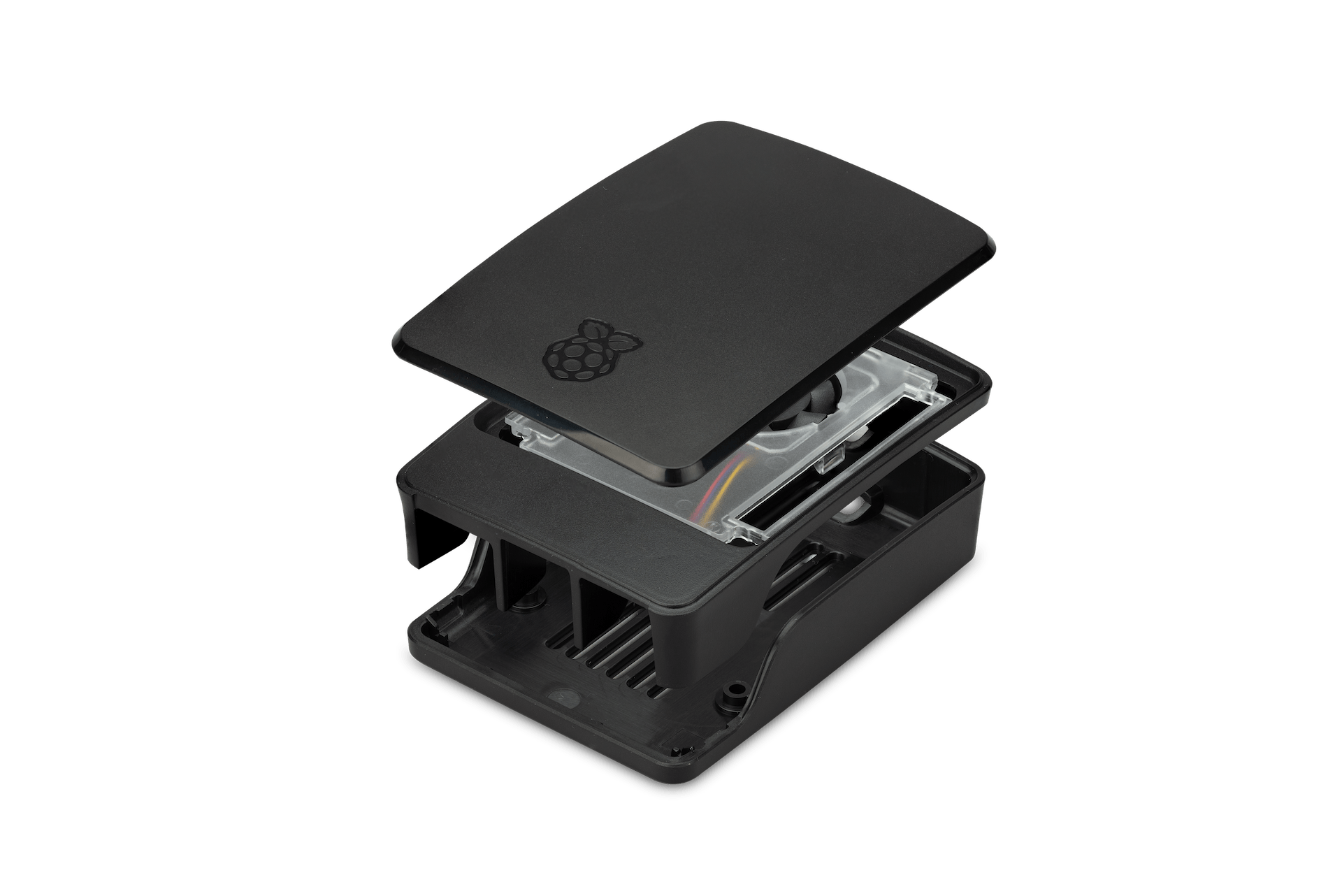Best Remote IoT Platforms For Raspberry Pi: Your Ultimate Guide
In a world increasingly defined by interconnected devices, are you ready to unlock the full potential of the Internet of Things (IoT)? Reliable remote IoT platforms are no longer a luxury, but a necessity.
Raspberry Pi, the unassuming single-board computer, has become a pivotal instrument for IoT enthusiasts and professionals, proving that innovation can come in small packages. From setting up the hardware to connecting to innovative remote IoT platforms, this guide will be your definitive resource, and your best companion for your IoT projects.
Table of Contents
- Introduction to Remote IoT Platforms
- Raspberry Pi: An Overview
- Key Criteria for Selecting the Best Remote IoT Platform
- Top Remote IoT Platforms for Raspberry Pi
- Platform 1: Platform A
- Platform 2: Platform B
- Platform 3: Platform C
- Platform 4: Platform D
- Platform 5: Platform E
- Comparison of Key Features
- Use Cases and Real-World Applications
- Security Considerations
- Scalability and Future-Proofing
- Community Support and Resources
Introduction to Remote IoT Platforms
Remote IoT platforms are the unseen engine rooms of the modern connected world. They are the linchpins that enable seamless communication between your smart devices, cloud servers, and the users who interact with them. These platforms provide the crucial functionalities of data collection, data processing, data storage, and data visualization. For Raspberry Pi users, the decision of choosing the right remote IoT platform is pivotal. It is essential to optimize the performance of your project and guarantee its scalability for the future.
The market is brimming with an array of options, and it can be an overwhelming undertaking to choose the best one that aligns with your unique needs. Considerations such as ease of use, compatibility with your hardware, security protocols, and, of course, the cost of the platform all play a substantial role in making the best decision. Understanding these factors will help you identify the platform that precisely suits your project's ambitions and requirements.
This detailed article delves into the fundamental aspects of remote IoT platforms and explores how they can be effectively integrated with Raspberry Pi. By the end of this journey, you'll gain a comprehensive understanding of why choosing the right platform is absolutely essential for your success in the world of IoT.
Raspberry Pi
Raspberry Pi, in its essence, is a compact and affordable single-board computer. It was designed to spark learning and ignite innovation in the realm of technology. It has gained immense popularity among a diverse audience of hobbyists, educators, and seasoned professionals. This is because of its incredible versatility and ease of use. The Raspberry Pi supports a broad spectrum of programming languages and operating systems, making it an ideal choice for a range of different IoT projects.
Key features of Raspberry Pi include:
- Compact Design: Its small form factor allows for seamless integration into a myriad of projects, big or small.
- Cost-Effective: Offering affordable pricing without sacrificing performance, Raspberry Pi puts powerful technology within reach.
- Extensive Community Support: A vast and active network of developers and enthusiasts who actively contribute to its success.
- Compatibility: Raspberry Pi seamlessly supports a wide array of sensors, actuators, and various peripherals.
When paired with a reliable remote IoT platform, the Raspberry Pi becomes an incredibly powerful tool, enabling you to build highly innovative and impactful IoT solutions. The next sections will thoroughly discuss the key criteria to consider when you're in the process of selecting the perfect remote IoT platform for your Raspberry Pi projects.
Key Criteria for Selecting the Best Remote IoT Platform
Selecting the right remote IoT platform is a critical undertaking. It involves a thorough evaluation of several key factors to ensure that the platform not only meets your project's immediate requirements but also provides long-term value. The following are the critical criteria you should consider:
- Compatibility: Always make sure that the platform has support for Raspberry Pi and its associated hardware.
- Scalability: The platform should be able to effectively handle the increasing data loads that come with the growth of your project.
- Security: Prioritizing data security and user privacy are of paramount importance in all IoT applications.
- Ease of Use: A user-friendly interface, along with comprehensive documentation, will simplify the often complex development process.
- Cost: Carefully consider both the initial costs and any potential long-term expenses, such as subscriptions or licensing fees.
By carefully evaluating these criteria, you can narrow down your options and confidently choose a platform that truly aligns with your specific goals. In the following sections, we will delve into some of the top remote IoT platforms for Raspberry Pi, exploring their features in depth.
Top Remote IoT Platforms for Raspberry Pi
Platform 1
Platform A is a robust remote IoT platform specifically designed with the needs of Raspberry Pi users in mind. It offers a wide range of compelling features, catering to both beginners who are new to the technology and experienced developers who are seeking advanced functionality. Key highlights of Platform A include:
- Real-Time Data Processing: The platform efficiently handles large volumes of data in real-time, enabling instantaneous insights.
- Cloud Integration: Platform A seamlessly integrates with leading cloud services like AWS and Google Cloud, streamlining deployment.
- Customizable Dashboards: Create visually appealing and informative dashboards that provide you with real-time monitoring of your IoT devices.
Platform A distinguishes itself through its strong community support and extensive documentation. This makes it an excellent choice for Raspberry Pi enthusiasts of all levels.
Platform 2
Platform B is another top contender in the increasingly competitive remote IoT platform space. Known for its ease of use and flexibility, Platform B is an ideal choice for those who are new to the world of IoT development. Some of its standout features include:
- Drag-and-Drop Interface: Simplifies the development process with intuitive drag-and-drop tools, making it accessible to a wider audience.
- Pre-Built Modules: Access a comprehensive library of pre-built modules, which accelerates the development process significantly.
- Security Features: Implements advanced security protocols, safeguarding your data with robust protection.
With its core focus on simplicity and security, Platform B is a reliable and trustworthy option for Raspberry Pi users who are looking to build secure and protected IoT solutions.
Platform 3
Platform C is widely recognized for its exceptional scalability and adaptability. Whether you are working on a small-scale, personal project, or a large enterprise-level solution, Platform C is capable of handling it all. Key features of Platform C include:
- Multi-Protocol Support: The platform supports a wide variety of communication protocols, ensuring compatibility with a diverse range of devices.
- Advanced Analytics: Leverage powerful analytics tools to extract valuable insights from your IoT data, optimizing your understanding.
- Global Network: Access a global network of servers, ensuring optimal performance and minimal latency.
Platform C's remarkable versatility makes it a top choice for Raspberry Pi users who are seeking a highly scalable and flexible solution.
Platform 4
Platform D is focused on providing a cost-effective solution for IoT developers. It offers a wide array of features, without breaking the bank. Notable features include:
- Affordable Pricing: Competitive pricing plans that are suitable for individual developers and businesses of all sizes.
- Open Source: Platform D encourages innovation through its open-source model, fostering collaboration and community contributions.
- Active Community: Benefits from an active and engaged community, which actively contributes to its ongoing development and improvement.
Platform D is an excellent option for Raspberry Pi users who are looking for a budget-friendly yet feature-rich IoT platform.
Platform 5
Platform E is a cutting-edge remote IoT platform that combines advanced technology with user-friendly features. It is specifically designed to meet the demanding requirements of modern IoT applications. Key highlights of Platform E include:
- AI Integration: Incorporates artificial intelligence to enhance data analysis capabilities, providing deeper insights.
- Edge Computing: Supports edge computing, allowing for faster data processing and reduced latency.
- Comprehensive APIs: Provides extensive APIs for seamless integration with third-party applications, enhancing flexibility.
Platform E's innovative features make it a top choice for Raspberry Pi users who are looking to push the boundaries of IoT technology and explore new possibilities.
Comparison of Key Features
Having explored the top remote IoT platforms for Raspberry Pi, let's compare their key features in a concise, easy-to-understand table:
| Platform | Compatibility | Scalability | Security | Cost |
|---|---|---|---|---|
| Platform A | High | Medium | High | Medium |
| Platform B | High | Low | Medium | Low |
| Platform C | High | High | High | High |
| Platform D | Medium | Medium | Low | Low |
| Platform E | High | High | High | High |
This comparison table provides a quick overview of the strengths and weaknesses of each platform, helping you make an informed decision.
Use Cases and Real-World Applications
Remote IoT platforms for Raspberry Pi have a wide range of applications across various industries. Below are some real-world use cases:
- Smart Home Automation: Control lighting, temperature, and security systems remotely.
- Industrial IoT: Monitor and optimize industrial processes for increased efficiency.
- Agriculture: Implement precision farming techniques using IoT sensors and analytics.
- Healthcare: Develop remote health monitoring systems for patients.
These use cases demonstrate the versatility and potential of remote IoT platforms when paired with Raspberry Pi.
Security Considerations
Security is a critical aspect of IoT systems, and it should be a top priority when selecting a remote IoT platform. Key security considerations include:
- Data Encryption: Ensure all data transmissions are encrypted to prevent unauthorized access.
- Authentication: Implement strong authentication mechanisms to protect your devices and data.
- Regular Updates: Keep your platform and devices up to date with the latest security patches.
By prioritizing security, you can safeguard your IoT projects and maintain user trust.
Scalability and Future-Proofing
As your IoT projects grow, scalability becomes a critical factor. A good remote IoT platform should be capable of handling increasing data loads and supporting additional devices without compromising performance. Consider the following:
- Cloud-Based Solutions: Opt for cloud-based platforms that offer scalable infrastructure.
- Modular Architecture: Choose platforms with modular designs for easy expansion.
- Future Technologies: Ensure the platform supports emerging technologies like 5G and edge computing.
Planning for scalability ensures that your IoT projects remain relevant and effective in the long term.
Community Support and Resources
A strong community and abundant resources can significantly enhance your IoT development experience. Look for platforms that offer:
- Active Forums: Engage with other users and developers to share knowledge and solve problems.
- Comprehensive Documentation


Detail Author:
- Name : Mrs. Elmira Dibbert V
- Username : mayer.pauline
- Email : jaylin76@langosh.biz
- Birthdate : 1992-08-29
- Address : 217 Hyatt Burg West Charles, SC 47155-4960
- Phone : 904.218.3586
- Company : Waters, Haag and Bergstrom
- Job : Occupational Health Safety Technician
- Bio : Debitis inventore ut natus magni labore. Aut id ut repellendus unde doloribus aut aut. Quasi magni in molestias et dolores est sed.
Socials
twitter:
- url : https://twitter.com/kenton_official
- username : kenton_official
- bio : Nihil eveniet molestiae eligendi expedita. Iusto tempore voluptatem beatae molestiae corrupti dolorem praesentium. Quia omnis in dolorem voluptate sit.
- followers : 355
- following : 149
facebook:
- url : https://facebook.com/kgreenholt
- username : kgreenholt
- bio : Architecto ea et repudiandae quo. Neque architecto nemo et quia ut nisi.
- followers : 6546
- following : 119
tiktok:
- url : https://tiktok.com/@greenholtk
- username : greenholtk
- bio : Et repellendus amet autem necessitatibus eos quisquam ipsam.
- followers : 6995
- following : 1004